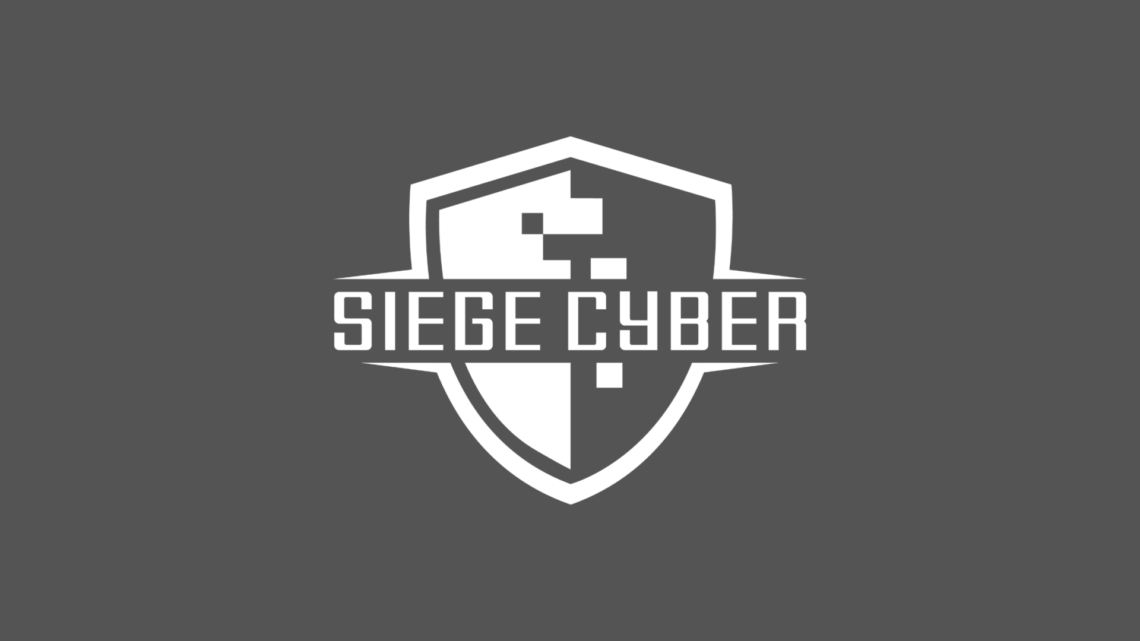
Why ISO 27001 is Required: A Comprehensive Guide for IT Professionals, Business Managers, and Compliance Officers
Why ISO 27001 is Required: A Comprehensive Guide for IT Professionals, Business Managers, and Compliance Officers
In the rapidly evolving digital landscape, data breaches and cyber threats have become a constant concern for organisations. Safeguarding sensitive information and ensuring robust information security measures have become paramount. This is where ISO 27001, a globally recognised standard for information security management, comes into play. In this comprehensive guide, we will explore the importance of ISO 27001 and why it is crucial for IT professionals, business managers, and compliance officers to implement this standard.
What is ISO 27001?
ISO 27001 is an internationally recognised standard that provides a systematic approach to managing sensitive company information. It sets out the criteria for establishing, implementing, maintaining, and continually improving an Information Security Management System (ISMS). The goal of ISO 27001 is to ensure the confidentiality, integrity, and availability of information within an organisation.
Benefits of ISO 27001
Implementing ISO 27001 brings numerous benefits to organisations across industries. Let’s delve into some of the significant advantages.
- Enhanced Information Security
ISO 27001 provides a framework to identify and address potential risks to the organisation’s information assets. By implementing security controls and conducting regular risk assessments, organisations can strengthen their information security posture, safeguard sensitive data, and prevent unauthorised access. - Regulatory Compliance
Compliance with various legal and regulatory requirements is a significant challenge for organisations today. ISO 27001 helps organisations align their information security practices with legal and regulatory obligations, ensuring compliance with industry-specific standards such as GDPR, HIPAA, and PCI-DSS. This compliance not only mitigates legal risks but also enhances the organisation’s reputation. - Competitive Advantage
ISO 27001 certification is increasingly becoming a prerequisite for organisations seeking new business opportunities or partnerships. Demonstrating compliance with this international standard gives organisations a competitive edge, as it assures clients, partners, and stakeholders of their commitment to information security and data protection. - Risk Management
ISO 27001 provides a systematic approach to identifying, assessing, and managing information security risks. By implementing risk management processes and controls, organisations can proactively address potential threats, minimise vulnerabilities, and ensure business continuity.
Implementing ISO 27001
Implementing ISO 27001 requires a systematic and well-structured approach. Let’s explore the key steps involved in achieving ISO 27001 certification.
- Establishing the Context
Understand the organisation’s context, define its scope, and establish the objectives and boundaries of the ISMS. - Conducting a Risk Assessment
Identify and assess potential risks to the organisation’s information assets. This involves conducting a comprehensive risk assessment, evaluating the likelihood and impact of identified risks, and developing risk treatment plans. - Implementing Controls
Implement a set of controls to address identified risks and enhance information security. These controls may include access controls, encryption measures, incident response procedures, and employee awareness programs. - Monitoring and Reviewing
Continuously monitor and review the effectiveness of the implemented controls. Regularly conduct internal audits and management reviews to ensure compliance and identify areas for improvement.
Challenges and Solutions
Implementing ISO 27001 may pose several challenges to organisations. Let’s discuss some common challenges and strategies to overcome them.
- Lack of Resources and Expertise
Implementing ISO 27001 requires dedicated resources, time, and expertise. Organisations may face challenges in allocating the necessary resources and finding qualified professionals. Engaging external consultants or training employees can help bridge this gap. - Resistance to Change
Resistance to change is a common challenge when implementing any new system or standard. Organisations should focus on creating awareness among employees, involving them in the process, and emphasising the benefits of ISO 27001. - Maintaining Compliance
Compliance with ISO 27001 is an ongoing process. Organisations must establish a culture of continuous improvement and regularly review and update their ISMS to ensure compliance with changing regulatory requirements and emerging threats.
Conclusion
In today’s interconnected world, information security is critical for organisations of all sizes and sectors. Implementing ISO 27001 is not just a matter of compliance; it is a strategic decision that helps organisations effectively manage risks, protect sensitive data, and gain a competitive advantage. By adhering to the principles and practices outlined in ISO 27001, organisations can instil trust among their stakeholders while safeguarding valuable information assets.
At Siege Cyber, we understand the importance of ISO 27001 and offer comprehensive solutions to help organisations achieve certification and maintain compliance. Schedule a consultation with our ISO 27001 experts and take the first step towards enhancing your information security posture.